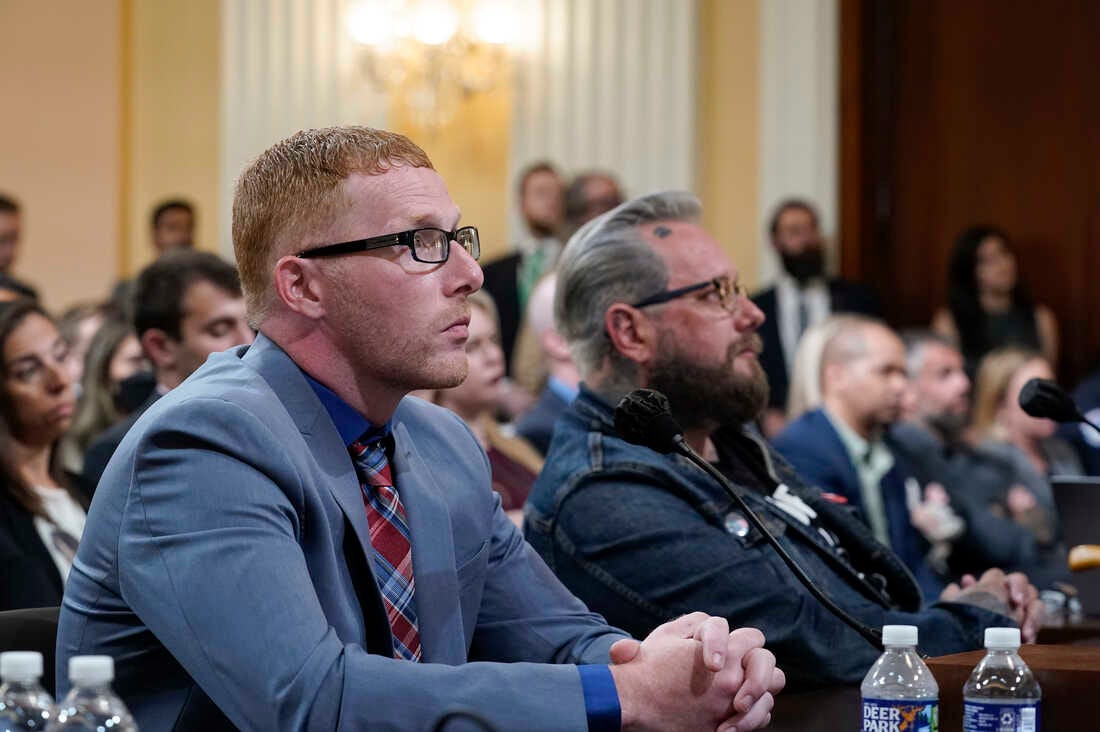Morning Briefing: Select Committee Hearing Connects Trump's Rhetoric to Violent Extremists
During the U.S. House Select Committee on the January 6 Attack, committee members and witnesses connected former President Donald Trump's rhetoric to right-wing extremist violence during Capitol Riot.

Morning Briefing: The U.S. House Select Committee on the January 6 Attack held a public hearing that made the case that former President Donald Trump called on his supporters to gather in Washington, D.C. to p…


